Deputy convenor
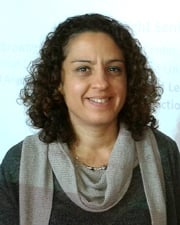 Dr Efrat Shadmi (Israel)
Dr Efrat Shadmi (Israel)
Efrat Shadmi is a Senior Lecturer at the Cheryl Spencer Department of Nursing at the University of Haifa, Israel. As a Fulbright grantee, she received her doctoral education from the Department of Health Policy and Management, at the Johns Hopkins University Bloomberg School of Public Health.
Dr Shadmi serves as the co-editor in chief of the International Journal for Equity in Health. Her research focuses on evaluating equitable health care delivery and its outcomes, evaluation of organizational mechanisms to reduce inequity in care, and on methods to better understand multimorbidity and the distribution of morbidity between population groups. Dr Shadmi is the author of dozens of papers covering topics such as – equitable health care resource allocation, minority patients' experience during care transitions, health beliefs in chronically ill minority populations, and evaluation of primary care programs aimed at reducing inequity in health and patient care. Dr Shadmi is also a senior policy consultant to the Department of Health Policy Planning at the largest Israeli non-for-profit health care organization (Clalit Health Services).
International Advisory Committee
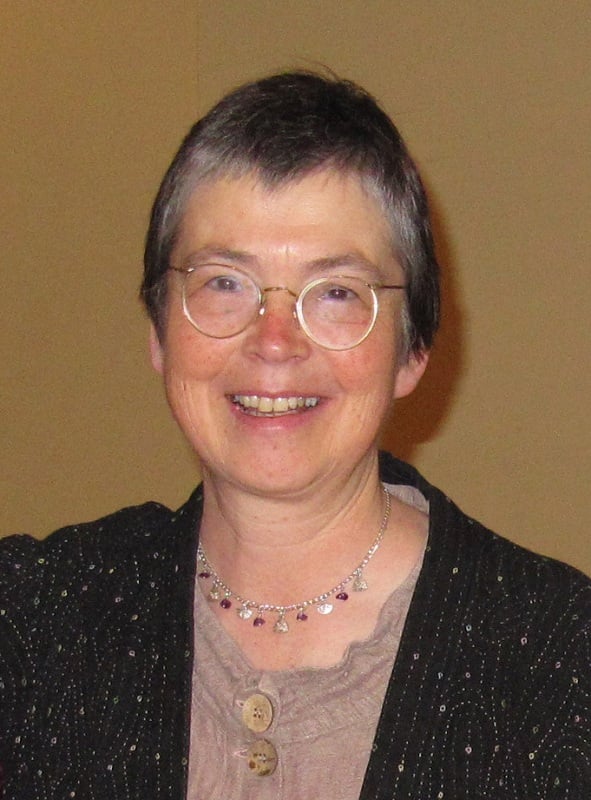
Iona Heath worked as an inner city general practitioner at the Caversham Group Practice in Kentish Town in London from 1975 until 2010. She is the Immediate Past President of the Royal College of General Practitioners. She was a member of the WONCA World Executive from 2007 to 2013.
She has written regularly for the British Medical Journal and has contributed essays to many other medical journals across the world. She has been particularly interested to explore the nature of general practice, the importance of medical generalism, issues of justice and liberty in relation to health care, the corrosive influence of the medical industrial complex and the commercialisation of medicine, and the challenges posed by disease-mongering, the care of the dying, and violence within families. Her book ‘Matters of Life and Death’ was published in 2007.
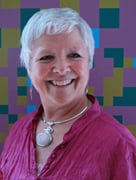
Professor Amanda Howe has been a GP since 1983, and is a practising academic at the University of East Anglia where she joined the foundation team in 2001 to set up the new Norwich Medical School. She is Vice Chair (Professional Development) for the Royal College of General Practitioners, previously holding posts as Chair of Research and Honorary Secretary where she led initiatives on generalism, GP careers, and workforce. She has also been active in the World Organisation of Family Doctors (WONCA), working in particular on equity initiatives, and is now their President Elect.

Professor Michael Kidd is an Australian family doctor and the current president of the World Organization of Family Doctors (WONCA). He is the dean of the faculty of medicine, nursing and health sciences at Flinders University, honorary professor of general practice at The University of Sydney, and a past president of the Royal Australian College of General Practitioners.
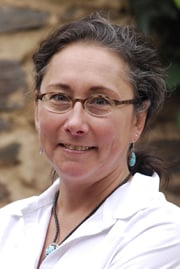 Dr Karen Kinder
Dr Karen Kinder
Dr Kinder is an associate faculty member of the Health Policy and Management Department at Johns Hopkins University, Bloomberg School of Public Health where she received her doctorate. Through both educational and professional experience, Dr. Kinder has accumulated in-depth knowledge of health care systems worldwide.
With an emphasis on promoting the importance of primary health care delivery, Dr. Kinder’s research interests center on how countries can improve the equity, efficiency and effectiveness of their primary health care systems. She has contributed her expertise to numerous international projects in developed and transitional countries.
In her current capacity as Executive Director of ACG International, Dr. Kinder oversees the application of the Johns Hopkins ACG® System, the most widely used population based case-mix system in the world and supports users in its implementation.
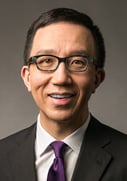
Prof Gabriel Leung
Gabriel Leung became the fortieth Dean of the Li Ka Shing Faculty of Medicine at the University of Hong Kong in 2013. Leung, a clinician and a respected public health authority, is also Chair Professor in the School of Public Health. Previously he was Professor and Head of Community Medicine at the University and served as Hong Kong’s first Under Secretary for Food and Health and fifth Director of the Chief Executive's Office in government.